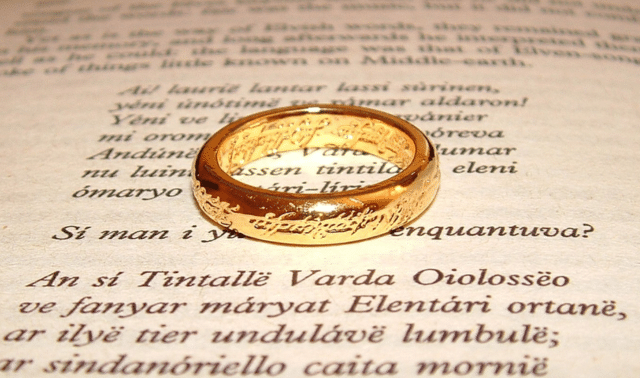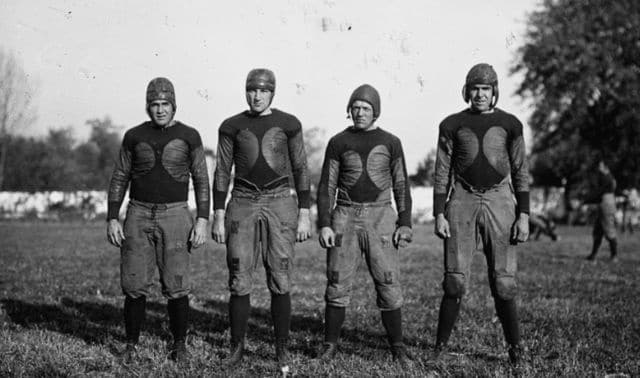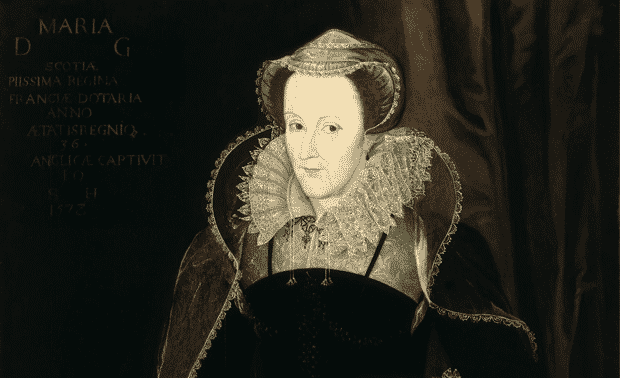Sign up for the Family Tree Newsletter! Plus, you’ll receive our 10 Essential Genealogy Research Forms PDF as a special thank you.
Get Your Free Genealogy Forms
"*" indicates required fields
What present would you choose for an ancestor? Review resources like the Sears Catalog and start imagining what you would select and why. What do you think your relative’s reaction would be?
For me, this answer is easy. I know exactly what I want to buy an ancestor—my grandfather—for Christmas.
A pig.

To be more specific, a sow.
If you want to know why, you have to promise not to tell my dad what he’s getting for Christmas.
Thank you.
Snooping in Dad’s papers while putting together a book about his dad, I found an essay my grandfather wrote about going to high school at a Texas children’s home.
In Grandpa’s sophomore year, the animal husbandry students had to acquire and raise a farm animal.
My grandfather spent $75 on a registered sow. He didn’t say whether the school provided funds. That would be quite a sum for a high school student today, let alone for a boy in 1919 with no family support.
Unfortunately, the pig fell victim to hog cholera, also called classic swine fever. This virus (now eradicated in the United States) is usually fatal within 15 days. Grandpa’s sow died not long after he bought her.
“In the short space of time,” wrote my grandfather, “I had grown to like my sow so much that when she died, I cried as if she were my sister.”

I never met my grandfather. What I know of his personality comes from my research, relatives and my dad. The same dad, a mechanical engineer, who taught me to sweep the kitchen floor in straight lines, following the pattern in the linoleum to ensure thorough coverage. Other than getting worked up at the occasional soccer game, he’s pretty stoic.
I get the feeling Dad comes by it honestly. Another of his dad’s essays, titled “Studying,” includes the recommendations “Each lesson in every course should be allotted a certain time and studied a certain day” and “In going over your lesson, study each sentence, and do not leave a difficult one until you are convinced you must have help to understand it.”
My grandfather eventually became a civil engineer, one you’d be comfortable having build the bridges and large river dams you rely on to not fall over.
The orphanage he entered at age 11 wasn’t the stereotypical miserable kind of place in Little Orphan Annie. Newspaper accounts describe a pleasant home, efficiently run, with children engaged in activities. My grandfather had friends and adults who cared about him. His brother and sister lived there for a time. So I could be wrong, but I can’t help imagining him as a boy, putting on a brave face despite missing his mother terribly.
Great, now I’m going to cry.
Grandpa wrote that his junior year was when he decided to pursue engineering instead of agriculture. Maybe losing his pet played a role.
I have no idea how to buy someone a pig, but if I could go back a century to East Texas, I would make it happen.



